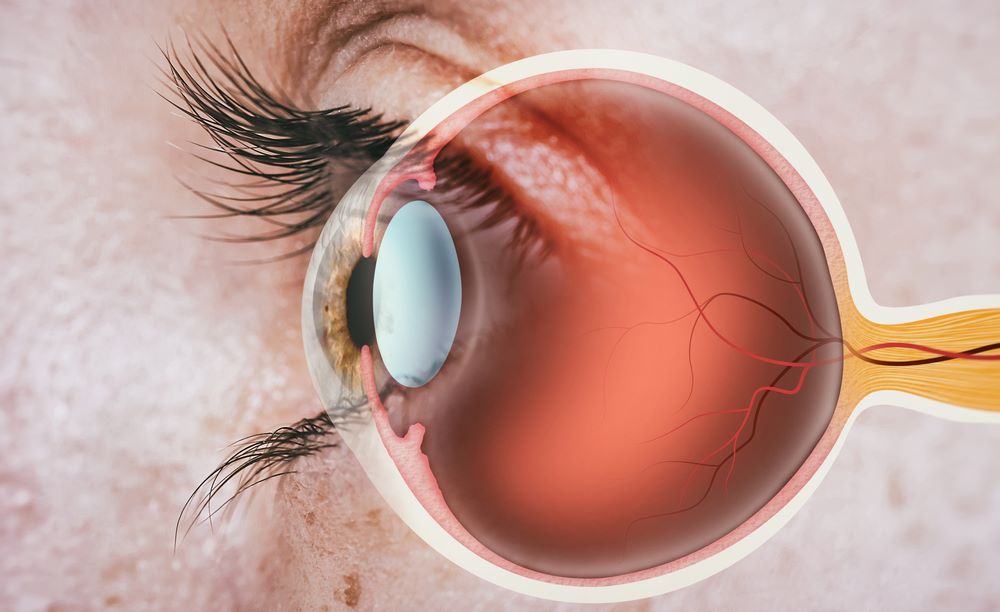Retina
The retina, often referred to as the "window to the world," is a complex and vital part of the eye responsible for converting light into neural signals that the brain interprets as vision. This thin layer of tissue lines the back of the eye and contains millions of light-sensitive cells called photoreceptors. These photoreceptors, known as rods and cones, are responsible for capturing light and transmitting visual information to the brain via the optic nerve. The retina acts like a camera's film, capturing images and sending them to the brain for processing.

Symptoms :
Symptoms of retinal issues can vary depending on the specific condition but may include:
- Blurred or distorted vision.
- Floaters or spots in the field of vision.
- Flashes of light.
- Loss of peripheral vision.
- Sudden onset of vision changes.
It's important to note that some retinal conditions, such as age-related macular degeneration or diabetic retinopathy, may not present symptoms in their early stages. Regular eye exams are crucial for early detection and treatment.
Causes
Various factors can contribute to retinal problems, including:
- Age-related changes, such as macular degeneration.
- Diabetes and other systemic diseases affecting blood vessels, leading to conditions like diabetic retinopathy.
- Eye trauma or injury.
- Genetic predisposition.
- Retinal detachment due to aging, trauma, or other eye conditions.
- Infections or inflammation affecting the retina.
While some retinal conditions are age-related or hereditary, others can be prevented or managed through lifestyle changes and regular eye care.
Yes, untreated retinal conditions can lead to vision loss and, in severe cases, blindness. However, early detection and timely treatment can often prevent or delay vision loss.
Many retinal conditions are treatable, especially when detected early. Treatment options may include medication, laser therapy, or surgery, depending on the specific condition and its severity.
It's recommended to have a comprehensive eye exam, including a dilated retinal examination, at least once every one to two years, especially if you're over the age of 40 or have risk factors such as diabetes or a family history of eye disease.
Yes, certain lifestyle choices, such as maintaining a healthy diet, exercising regularly, avoiding smoking, and protecting your eyes from harmful UV rays, can help preserve retinal health and reduce the risk of developing retinal conditions.